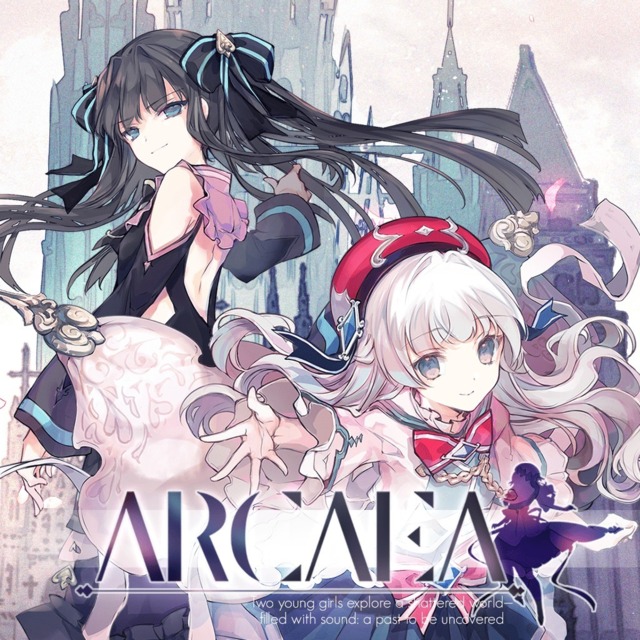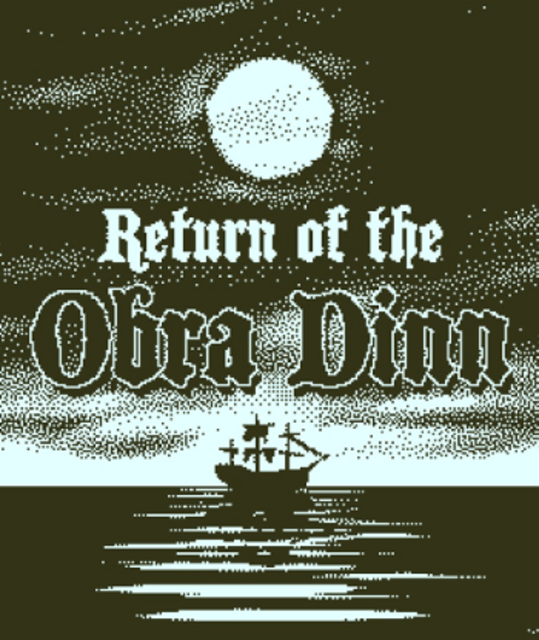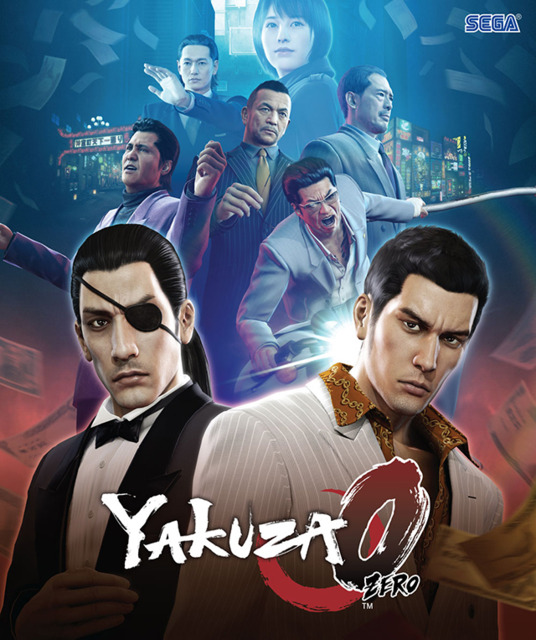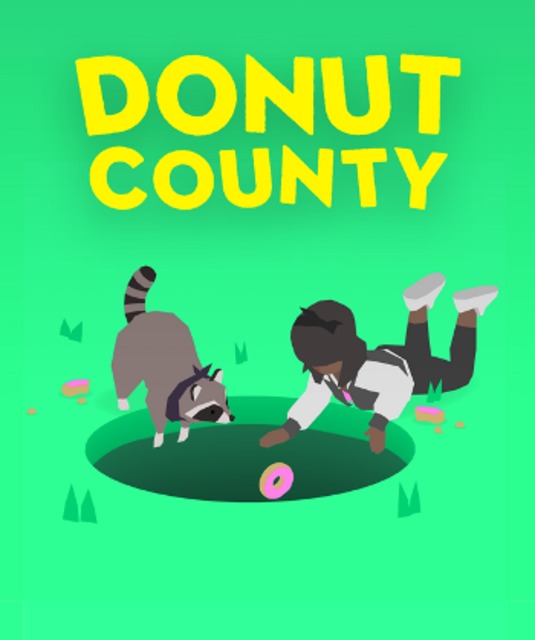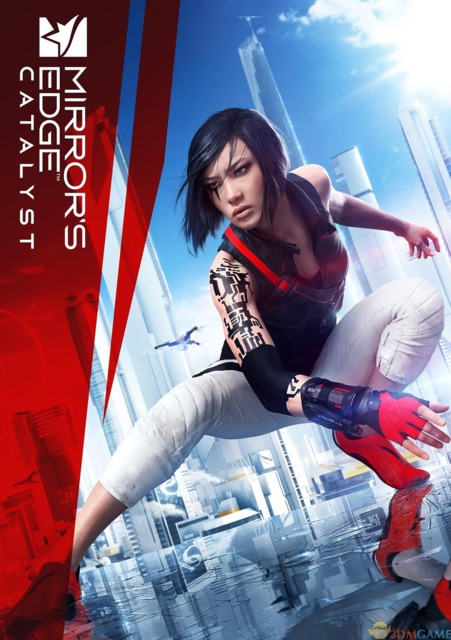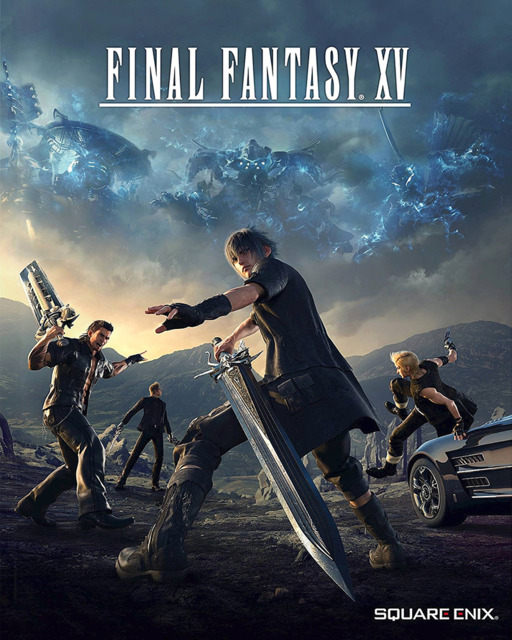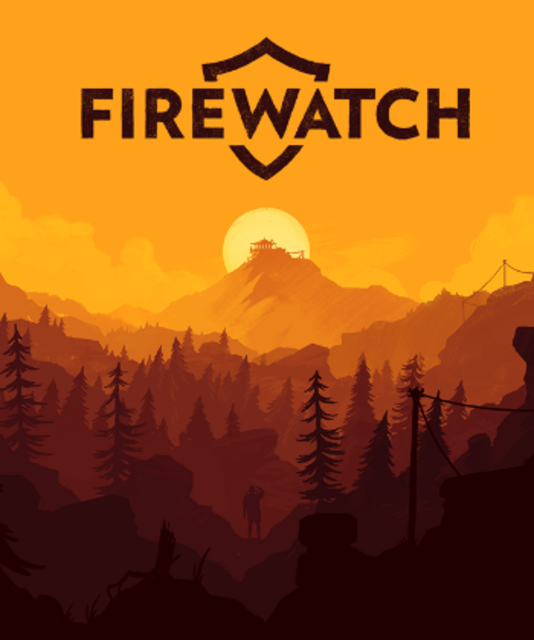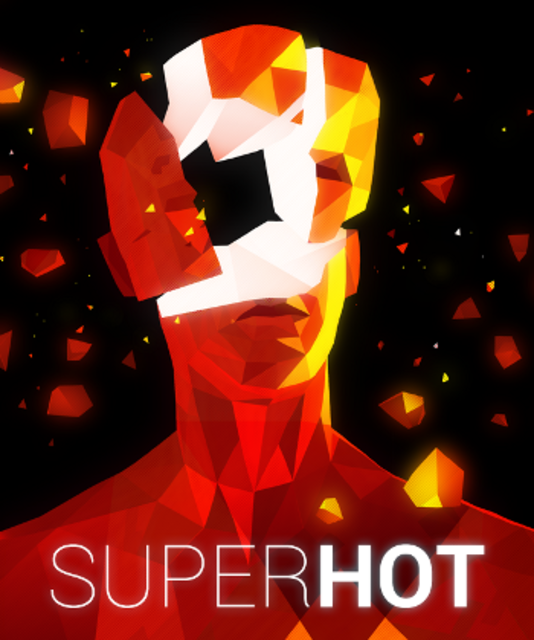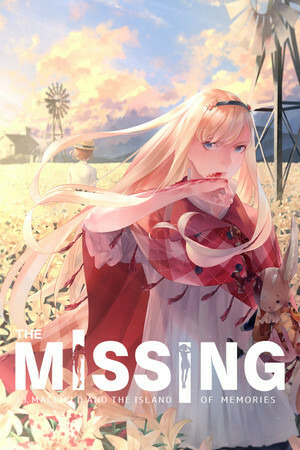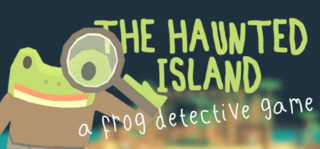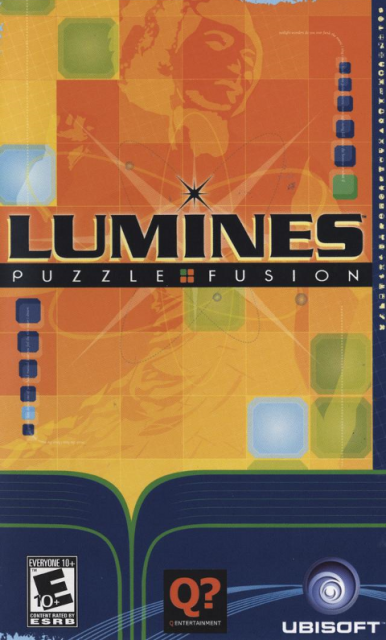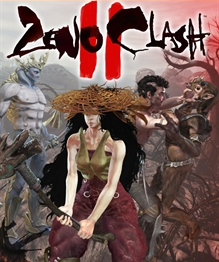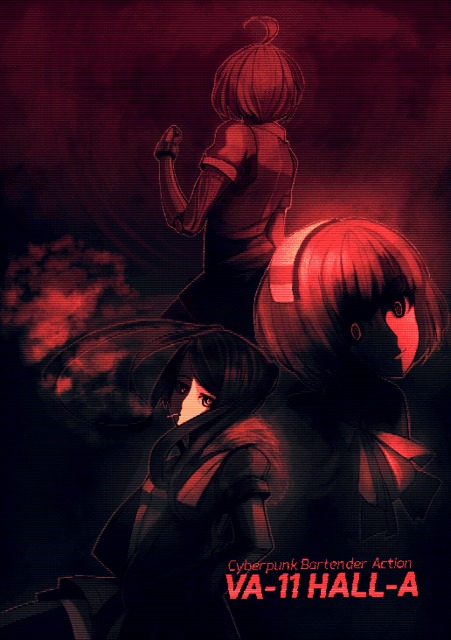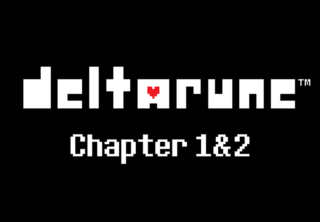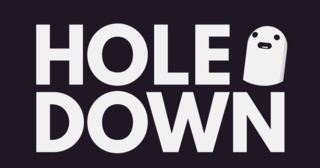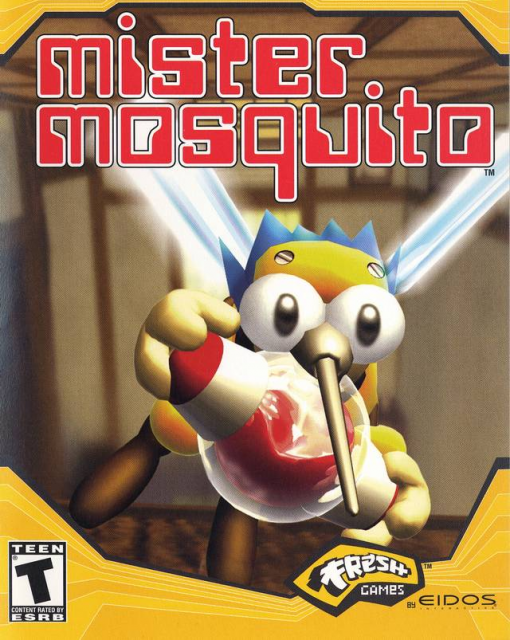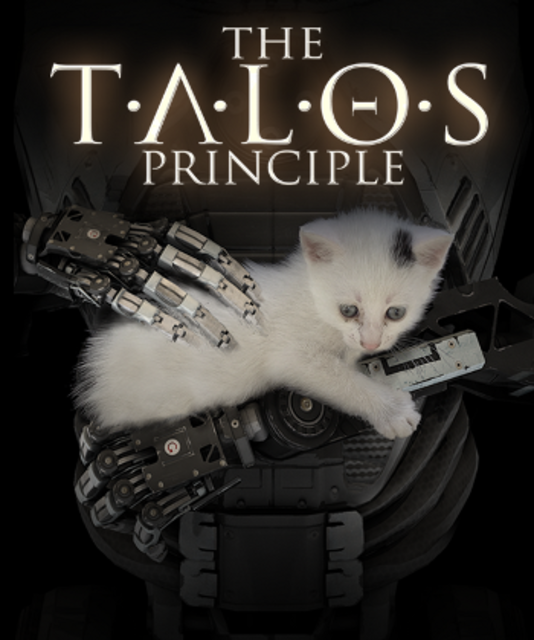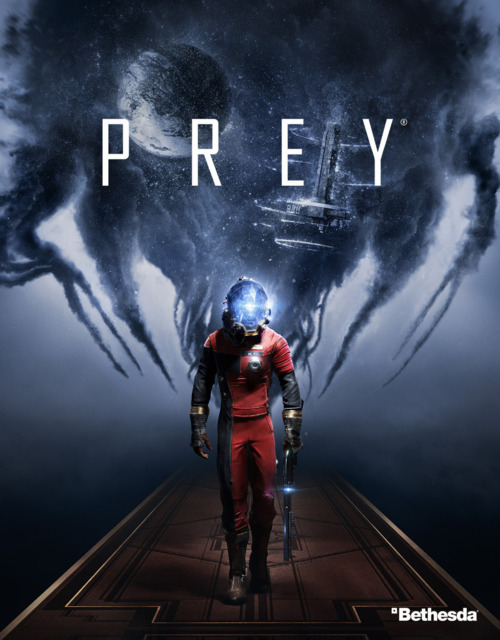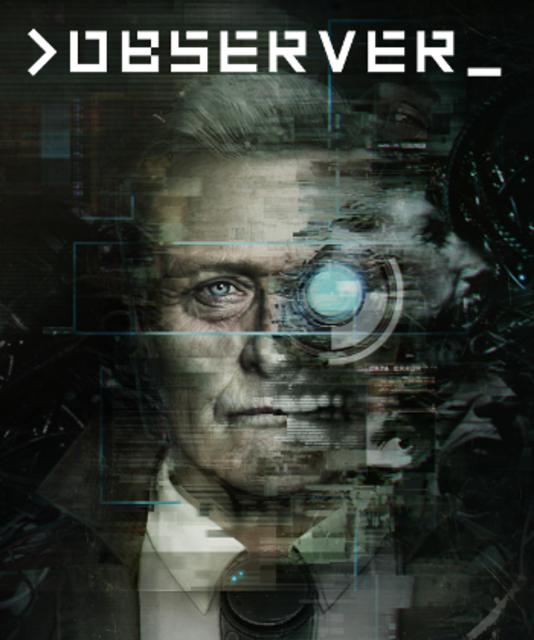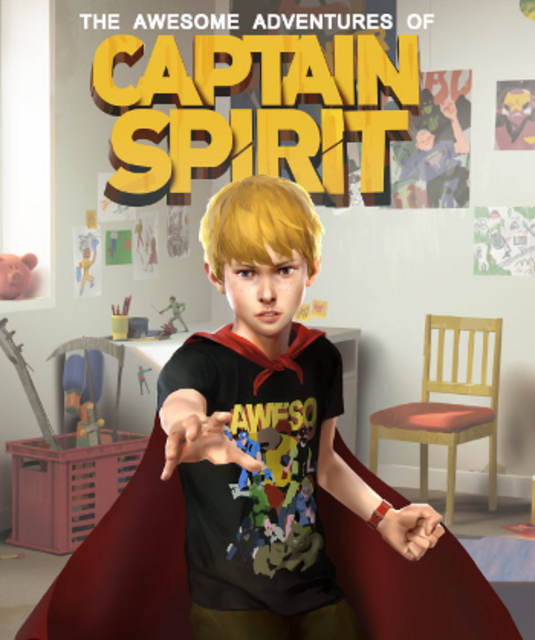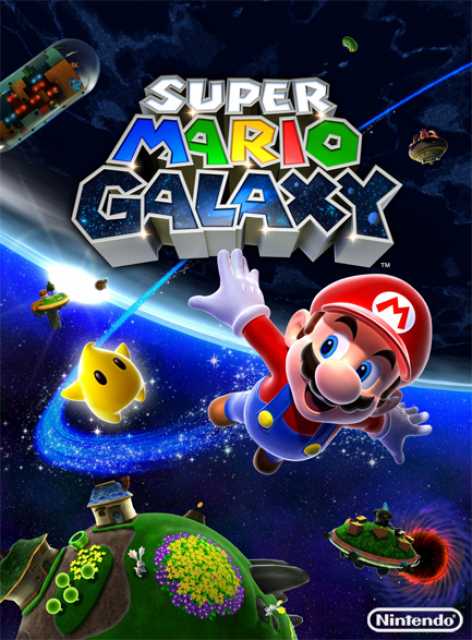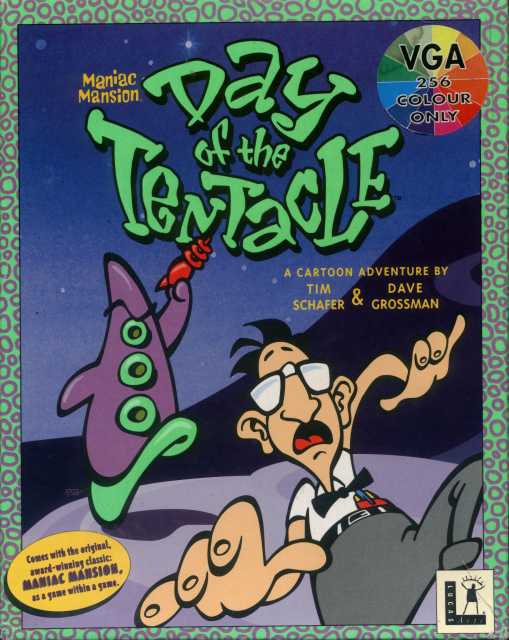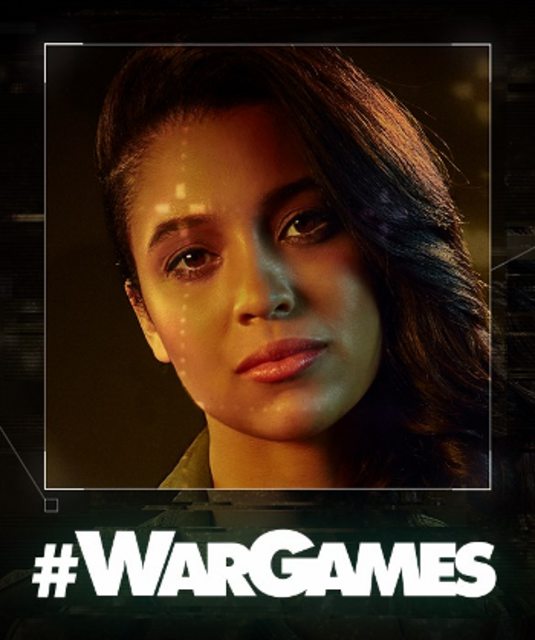I don't know if it counts as cheating to give one slot to three games, but Danganronpa 2 and V3 are elevated by knowledge of what came before them. I'm going to avoid spoilers here so it's very difficult to explain why, but I'll do my best to cover what makes each game interesting - as well as their unavoidable flaws. If you need a single-phrase summary of the series, I think "problematic fav" is very fitting.
Danganronpa 1
If I had to sum up the Danganronpa series in one sentence, it would be "Ace Attorney, but more anime." The structure of the gameplay is broadly the same in both, so fans of one are sure to be able to appreciate the other. You witness a murder, investigate the crime scene and take testimonies from all the other characters, then play out a courtroom scene where you argue your case against everyone else, discovering new clues along the way.
Where Danganronpa distinguishes itself from Ace Attorney is the mini-games that take place during the courtroom segments. Unfortunately, these mini-games are universally awful. From aiming a cursor at floating letters to try and spell out a mystery word to a rhythm game that doesn't seem to be synchronised with the music, the game would be much better without them. The only one that makes sense is a sort of jigsaw at the end of each class trial where you slot together panels into a comic book frame that describes the flow of events leading to the murder as a final summary of the crime.
The characters are all cartoonish with extreme personalities and an eye-catching visual style, which fits well with the over-the-top tone of the game. For the most part, they are all likeable or interesting, with only a couple of exceptions. The death plots are equally outrageous, with these high school kids somehow concocting insane Rube Goldberg-esque plots to kill someone in the most convoluted way possible to throw the rest of the class off the case.
The game certainly has its flaws, but these are vastly outweighed by its clever murder scenarios and stylish appeal.
Unfortunately, the way one of the characters is handled is definitely an example of the problematic-ness of the series. No spoilers here, but you'll know it when you see it.
Danganronpa 2
I could basically copy and paste and positives and negatives of the first game here and still have an accurate review of my thoughts on Danganronpa 2. The mini-games continue to be bad (including the new mini-game where you cyber snowboard down your psyche to come up with a logical conclusion to a problem) and the characters continue to be fun and crazy, with a couple of exceptions.
The first game had a few issues regarding female characters and that continues here. The wacky anime lewds of one character who clumsily exposes herself regularly are plain embarrassing and it seems to be an accepted fact that girls wouldn't be able to move heavy objects that the boys could likely do. Luckily, these situations only come up occasionally but it's unfortunate that they're there in the first place.
The game shines, however, is where it decides to subvert expectations. Players of Danganronpa 2 are probably well aware of a number of dramatic tropes and the game isn't afraid to mess with you for making these assumptions - gleefully building up the tension to absolutely no payoff, only to give you an even bigger surprise later. It's like the game is spiteful of you for thinking you saw something coming.
Danganronpa V3
Eat, sleep, Danganronpa, repeat. Mini-games are still bad. Characters are still good. Some of them are still bad. Murder plots are still crazy. Writer still doesn't seem like he's ever actually met a woman before (lookin' at you, Miu). There is an absolute truth to the statement: "Danganronpa V3 is a sequel to the video games Danganronpa 1 and Danganronpa 2."
The game even continues to screw with the player for having expectations, even though the player by now expects that Danganronpa to do it. Even the ending of the first trial goes in a direction that I don't think most players would see coming.
If I didn't think spoilers might discourage people from getting into the series, I would go right into describing the ending of this game because it is one of the most surprising and memorable twists I think I've ever seen in a video game. All I can do is to recommend wholeheartedly that you play the entire main game series (no need to play Ultra Despair Girls and the DR3 anime is trash) - this ending is worth it. It uses your experience as a player of video games to make a point that, for me, puts it up there with NieR: Automata and Undertale.

